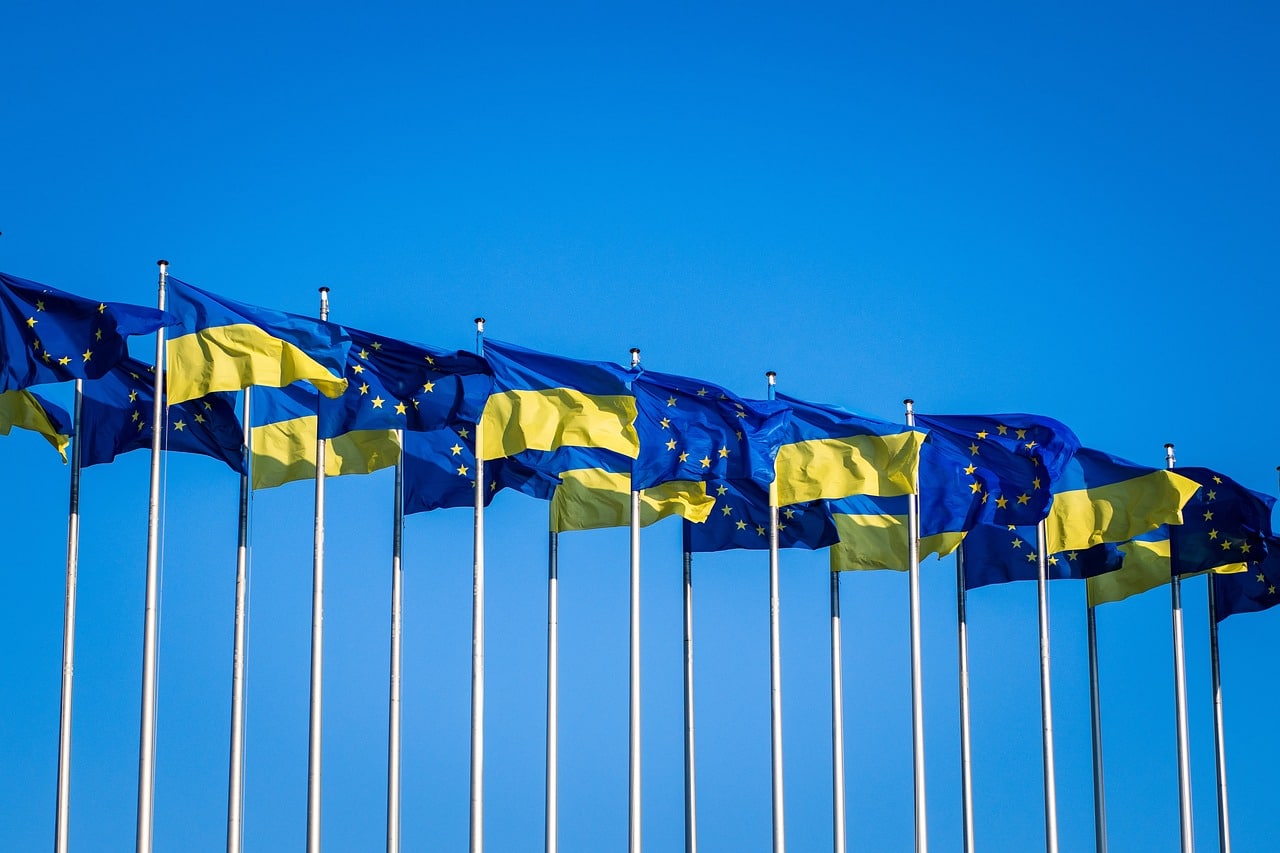In the European Union, work is underway on another package of sanctions against Russia. According to media reports, it will focus on counteracting the circumvention of existing restrictions imposed on the country, particularly in relation to imported raw materials. Analysts from the Russian team at the Centre for Eastern Studies expect that with the rising costs of war, this could further degrade the Russian economy. Over the last two years, Russia has indeed found new customers for its raw materials, but it has had to sell them at lower prices.
Since the full-scale attack by the Russian Federation on Ukraine began on February 24, 2022, a wave of sanctions imposed by Western countries has hit Moscow. According to an analysis by OSW analysts titled “Russia after two years of full-scale war. Fragile stability and increasing aggression,” this has particularly affected the energy sector, which is the main source of income for Russia’s budget. For comparison, in 2018, oil and gas revenues accounted for 46% of Russia’s budget, but in 2023, this figure was 28%.
“After losing its market in Europe, Russia managed to redirect its exports to new markets. In the context of oil, these are particularly Asian markets. When it comes to fuels, these markets are also more exotic, such as South America, Africa, and Asia,” says Filip Rudnik, an analyst from the Russian team at the Centre for Eastern Studies, speaking to the Newseria Biznes news agency.
However, this does not mean that the Russians fully compensate for the losses resulting from sanctions imposed by the European Union and the United States among others. The task, although feasible, is fraught with logistical challenges and the distances separating the country from its new customers.
“The Russians, despite having managed to redirect these supplies to new destinations, must primarily sell both oil and oil-derived products at lower prices. Due to the extended logistical routes, the costs of export execution are much higher,” reminds the OSW analyst.
The need to change the direction of export has caused an increase in Russia’s dependence on a narrow group of customers, who can use their position to dictate terms of cooperation. Russia’s oil and gas export revenues last year decreased by 24% year-on-year, although with a significantly weaker ruble it is difficult to compare these results year to year. As assessed by OSW analysts, the pivot to the East and dependence on China and India may lead to further reductions in export revenues and problems with maintaining production.
“We have to look at how global prices are shaping up, because Russian raw materials and fuels do not operate in a vacuum. Nevertheless, there is a constant price discount on Russian oil, and it depends on the extent to which we implement the sanctions provisions. In January 2024, this discount was about $17, meaning Russians received $17 less per barrel compared to the Brent benchmark. All of this depends on the will and determination of the West, whether it will try to fight against the so-called shadow fleet, that is, the fleet of tankers that carry Russian oil and fuels somewhat bypassing the Western financial system and violating sanctions rules,” says Filip Rudnik.
The introduction of mechanisms that will counteract the circumvention of existing restrictions is being discussed in the context of the 14th package of sanctions being developed in EU institutions. Further restrictions on the Russian energy sector are also being considered, including those related to the trade of liquefied natural gas. Tightening sanctions may be crucial, as data cited by OSW show that declines in production are not as large as expected. Last year, the extractive sector, which was the engine of the Russian economy before the war, saw a production decline of 1.2%. This concerns both crude oil and natural gas. In 2023, crude oil production was about 530 million tons, only slightly below the level from 2022.
“Compared to forecasts in which a very strong reduction in production was predicted, Russians are now extracting from 5 to 10% less oil than they did before the invasion, so the decline is not significant. We must only take into account that we have third-hand data, as Russians no longer publish production data,” says the expert. – The situation is different in the fuel sector, production and refining of fuels. If we look at it volumetrically, fuel production has not been strongly affected by sanctions, but it is currently affected by Ukrainian unmanned attacks on refineries, which disable specific processing capacities at specific facilities in the European part of Russia.
As reported by Ukrainian media, over the past weekend, Ukraine conducted a massive drone attack on a military airport and oil refineries in the Krasnodar region in Russia. In response, the Russians attacked key facilities important for Ukraine’s energy sector, including those crucial for gas supplies to the EU.
